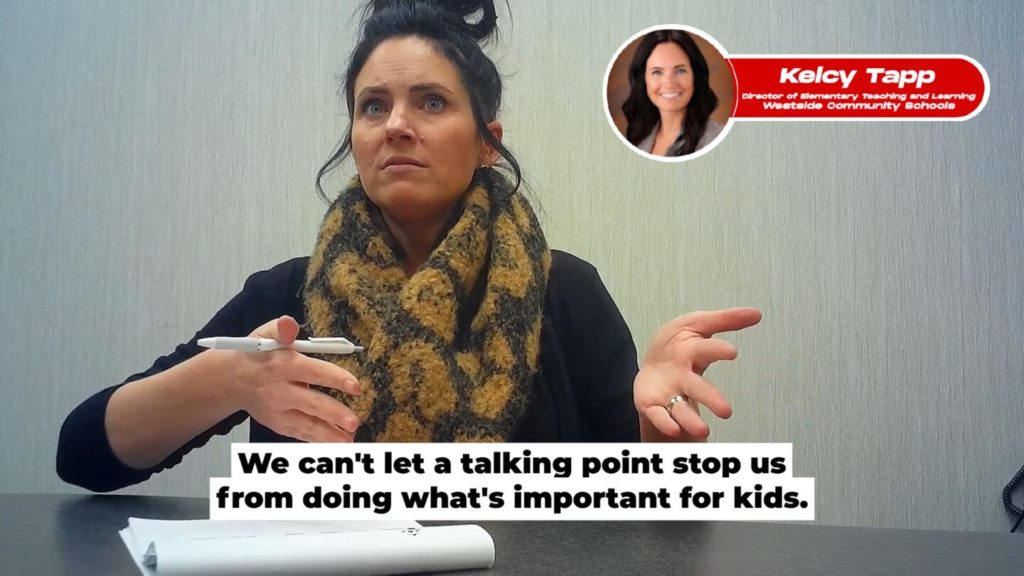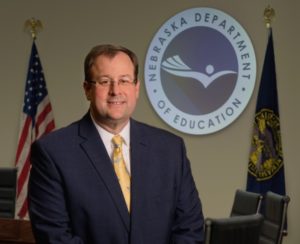Nebraska school district officials admit to “rebranding CRT” in order to deceive parents
An undercover recording reveals school administrators, superintendents and teachers in Nebraska gleefully describing their favorite methods for teaching Critical Race Theory (CRT) despite the subject…

An undercover recording reveals school administrators, superintendents and teachers in Nebraska gleefully describing their favorite methods for teaching Critical Race Theory (CRT) despite the subject being banned.
Accuracy in Media (AIM), a nonprofit watchdog group, surreptitiously recorded the videos as part of a national investigation. AIM spoke to representatives of Westside Community Schools, an upper middle-class district in Omaha.
Kelcy Tapp, Director of Teaching and Learning for WCS, admitted “every time” the district adopts new curriculum and materials, “there’s a strand” which “really looks at the diversity, equity and inclusion perspective to make sure that we are looking at that.”
“Does the SEL [social and emotional learning] provide an opportunity to talk about not only equity but also like privilege and systemic racism?” asked the undercover videographer.
With a wide grin, Tapp replied “Yeah. Yeah.”
“That’s why they’re rebranding [CRT],” Tapp explained, “because they’re like we can’t let a talking point stop us from doing what’s important for kids. Yes, that’s what educators have to do, is know that what we’re doing is good for kids.”
Adam Guillette, president of AIM, reflected on the significance of the admission: “Social and emotional learning is not the same thing as critical race theory,” he explained. “However, increasingly public school administrators use social and emotional learning as a trojan horse to advance the principles associated with critical race theory.”
Mike Lucas, the superintendent of WCS, also appears in the video, describing how educators use different words to describe controversial topics, such as replacing the politically charged word “privilege” with the innocuous descriptor “circumstances.”
The rhetorical bait-and-switch enables the school to sidestep controversy and avoid parental interference, while still teaching prohibited material.
The superintendent added that powerful people in his district help kill education reform legislation that educators didn’t like.
“There’s a lot of things always going on behind the scenes,” Lucas said. “Some of the most powerful people in Nebraska live in our district, that have nothing to do with education and so, we can employ or deploy them to help with our message.”
“[The Nebraska legislature is] going to try, they’ll try and divert public education money to school choice movements. They’ll try and do away with SEL, and we will eviscerate all of those,” the superintendent added.
He claims powerful individuals in Nebraska will obediently parrot the district’s talking points, using their political influence to dislodge reform efforts.
Lucas concludes by explaining how Nebraska’s unique unicameral legislature makes it easy to filibuster any reforms seen as harmful to public education, a claim borne out by the behavior of left-leaning State Senators filibustering every bill this session.
Westside Community Schools did not respond to requests for comment.



